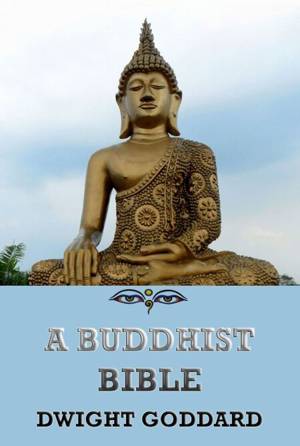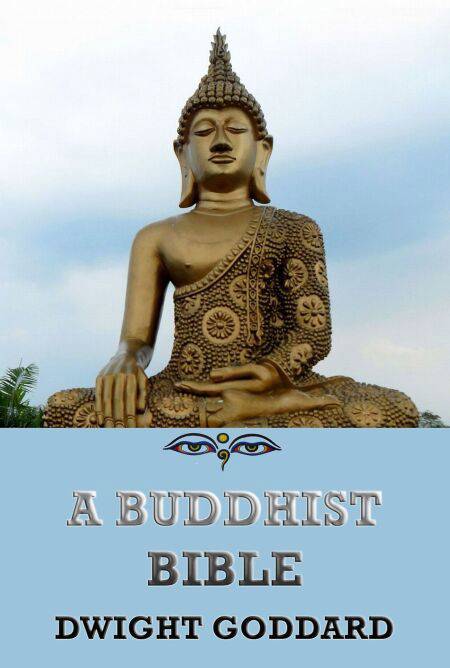
- Afhalen na 1 uur in een winkel met voorraad
- Gratis thuislevering in België vanaf € 30
- Ruim aanbod met 7 miljoen producten
- Afhalen na 1 uur in een winkel met voorraad
- Gratis thuislevering in België vanaf € 30
- Ruim aanbod met 7 miljoen producten
Zoeken
Omschrijving
Indian Types of ethical and philosophical Buddhism did not easily find acceptance in China; it took centuries of contact before a distinctively Chinese adaptation of Buddhism was effected that proved to be congenial to Chinese soil. This Chinese type of Buddhism is called Ch'an in China, and Zen in Japan, and Zen seems to be the more familiar name for it in America and Europe. Other sects have risen and decreased but they proved to be more or less exotic, they never became indigenous as did Zen. An exception may be suspected in the case of the Pure Land Sects, but it should be remembered that the Pure Land Sects developed from Zen and not independently.
To tell the story of this adaptation of the Indian type of Buddhism until it became fixed in the teachings of the Sixth Patriarch, is the purpose of this book. The main part of the book is given over to English Versions of the favorite scriptures of the Zen Sect. To this is added Historical and Literary Introductions and a few notes that seem to be called for to make certain phases of the Sutras more easily intelligible.
To tell the story of this adaptation of the Indian type of Buddhism until it became fixed in the teachings of the Sixth Patriarch, is the purpose of this book. The main part of the book is given over to English Versions of the favorite scriptures of the Zen Sect. To this is added Historical and Literary Introductions and a few notes that seem to be called for to make certain phases of the Sutras more easily intelligible.
Specificaties
Betrokkenen
- Auteur(s):
- Uitgeverij:
Inhoud
- Aantal bladzijden:
- 232
- Taal:
- Engels
Eigenschappen
- Productcode (EAN):
- 9783849644529
- Verschijningsdatum:
- 1/06/2014
- Uitvoering:
- E-book
- Beveiligd met:
- Digital watermarking
- Formaat:
- ePub

Alleen bij Standaard Boekhandel
Beoordelingen
We publiceren alleen reviews die voldoen aan de voorwaarden voor reviews. Bekijk onze voorwaarden voor reviews.








